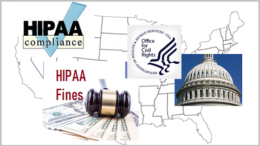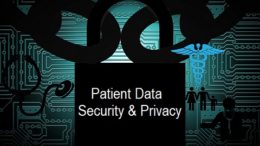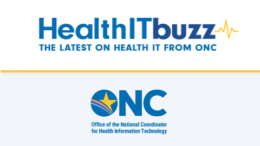What Does the HIPAA Right to Amend Do?
By Matt Fisher – Under the HIPAA Privacy Rule, individuals have the right to request an amendment to their protected health information if there is a concern about the accuracy of the information. The word amendment carries a certain understanding.
Read More







